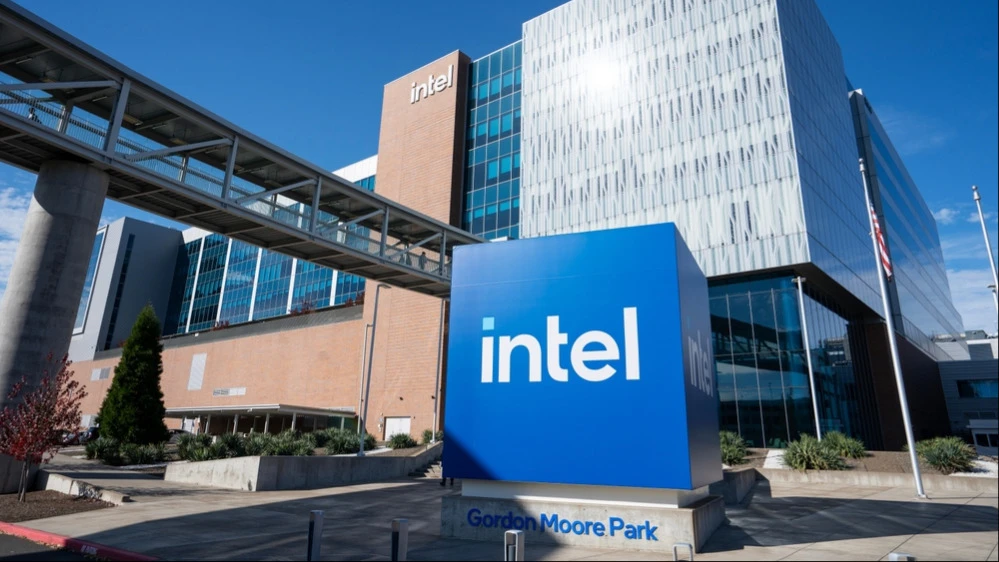Intel announced the release of new chips. Why is this important for investors?

Troubled chipmaker Intel has announced that it has launched a full production cycle of Panther Lake processors: the chips will start to be installed in notebooks next year. These processors are important for the company because they are produced using the new 18A technology, which Intel claims gives the company a technological advantage over its competitors.
Intel said Panther Lake builds on the strengths of previous processor models and is free of their shortcomings. Users have previously complained about high power consumption, overheating and hardware vulnerabilities. The company says the new processors will allow laptops to handle resource-intensive tasks, including working with AI, without consuming battery power too quickly.
The company also announced a new Xeon 6+ server processor (codenamed Clearwater Forest) on the 18A process, with production to begin in the first half of 2026.
The chipmaker's shares rose by 1% to $37.8 on October 9. Since the beginning of the year, the company's securities have risen by 88%.
Context
Intel still needs to prove to investors that its new products can regain lost market share, Bloomberg notes. The chipmaker is trying to attract contract customers by advertising the 18A process introduced at its new Fab 52 plant in Arizona.
In August, Reuters wrote that Intel's 18A chip manufacturing process, on which the company had high hopes, faced a serious obstacle - a high reject rate. If the company is unable to bring the yield of year-old processors to the required level, it is likely that the Panther Lake output will not become high-margin, the agency suggested.
Intel has received investment and public support from the White House, Nvidia and SoftBank over the past few months. The company is in talks with Apple and recently offered contract manufacturing at its factories to rival AMD.
This article was AI-translated and verified by a human editor
